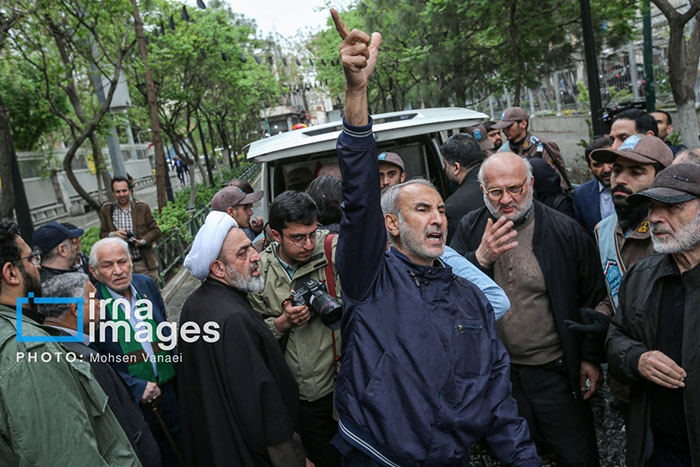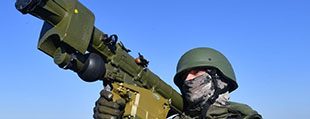Nayiri’s role expanded significantly during one of the most controversial periods in the Islamic Republic’s history—the mass executions of political prisoners in 1988. That year, following a fatwa issued by Ayatollah Khomeini, Nayiri was appointed as a member of a special committee tasked with determining the fate of prisoners accused of remaining loyal to opposition groups, particularly the Mojahedin-e Khalq Organization (MKO).
This committee, later dubbed the “Death Committee” by critics and human rights groups, consisted of four members: Nayiri, Morteza Eshraqi (Tehran’s Prosecutor), Seyyed Ebrahim Raisi (Deputy Prosecutor), and Mostafa Pourmohammadi (representing the Ministry of Intelligence). The panel conducted summary trials of political prisoners, often deciding their fate in a matter of minutes, based on a few questions about their political and religious beliefs.
Eyewitness accounts and the memoirs of Hossein Ali Montazeri, who was at the time the designated successor to Khomeini but later fell out of favor, offer harrowing insights into these proceedings. Montazeri later expressed strong opposition to the executions, warning of the moral and political consequences. In his writings, he included the exact text of Khomeini’s decree, which emphasized harsh treatment of prisoners considered enemies of Islam.

